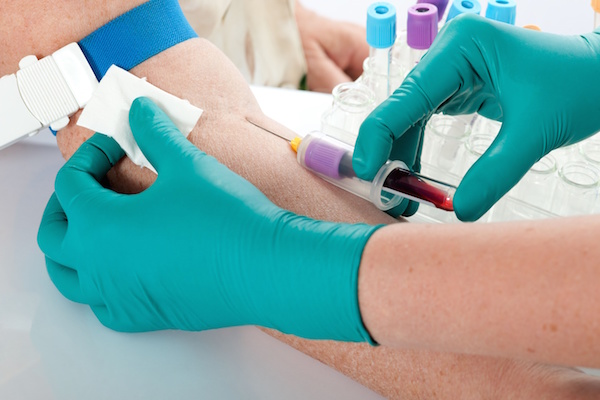WEDNESDAY, May 18, 2016 (HealthDay News) — Children with sickle cell disease may breathe easier when they’re given hydroxyurea — an effective, but underused, drug for the disease, new research suggests.
In a study of 94 young people with sickle cell, researchers found that hydroxyurea helped slow the decline in lung function that is typical of the disease.
The study appears to be the first to show that hydroxyurea can preserve kids’ lung function, said lead researcher Dr. Anya McLaren, of the Hospital for Sick Children in Toronto.
She said the findings should give doctors more reason to prescribe hydroxyurea. The drug, she noted, is already known to prevent severe bouts of pain and serious lung complications in people with sickle cell.
An expert who was not involved with the study agreed.
“This is further confirmation that this medication is beneficial,” said Dr. George Buchanan. He is a pediatric hematologist at the University of Texas Southwestern Medical Center, in Dallas.
“I think most children with sickle cell anemia should be on hydroxyurea,” said Buchanan, who helped craft the current guidelines on treating the disease.
Those guidelines say doctors should “offer” hydroxyurea treatment to families once a child is at least 9 months old.
Yet studies show that most people with sickle cell — adults and children — aren’t getting the drug.
One reason, Buchanan said, is concern about “theoretical” risks, including a heightened risk of certain cancers, such as leukemia.
But studies have not borne out those worries, both he and McLaren said.
Sickle cell is an inherited disease that mainly affects people of African, South American or Mediterranean descent. In the United States, about one in 365 black children are born with the condition, according to the U.S. National Heart, Lung, and Blood Institute.
The central problem in sickle cell is that the body produces red blood cells that are crescent-shaped, rather than disc-shaped. Those abnormal cells tend to be sticky and can block blood flow — causing symptoms such as chronic pain, fatigue and shortness of breath.
One potentially severe complication is known as acute chest syndrome, where abnormal blood cells “clog up” the lungs. It’s a leading cause of death among people with sickle cell, Buchanan said.
Hydroxyurea reduces the risk of that complication, so it’s “not surprising” that it would also improve kids’ lung function, he said.
Hydroxyurea was originally developed as a cancer drug, but it treats sickle cell by prompting the body to make fetal hemoglobin — an oxygen-carrying protein in red blood cells. That, in turn, helps keep red blood cells from becoming stiff, sticky and crescent-shaped.
The patients in McLaren’s study ranged in age from 6 to 20. All had their lung function periodically tested before and for four years after starting hydroxyurea.
Overall, the researchers found, the drug slowed down the annual decline the kids had been showing before starting treatment.
McLaren was to report the findings Wednesday at the American Thoracic Society’s annual meeting, in San Francisco. In general, studies presented at meetings are considered preliminary until they are published in a peer-reviewed journal.
Hydroxyurea does have risks. It can lower the number of white blood cells and platelets in the bloodstream, which could leave people at risk of infections or bleeding.
Because of that, patients need periodic blood tests, Buchanan said.
And that is another reason why hydroxyurea is underused. For some families, the monitoring is too much, Buchanan said. For others, he added, just keeping their child on a daily pill proves too difficult.
The type of doctor a child sees can potentially be an issue, too. A general pediatrician or family doctor would have less experience in managing sickle cell, or using hydroxyurea, than a pediatric hematologist would, Buchanan said.
But, he noted, it’s adults who have the tougher time finding a doctor with experience in treating sickle cell.
Buchanan said his advice to parents and to adults with sickle cell is the same: If you’re not using hydroxyurea, ask your doctor whether you should be.
More information
The U.S. National Heart, Lung, and Blood Institute has more on sickle cell disease.
Copyright © 2026 HealthDay. All rights reserved.

